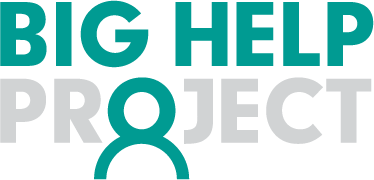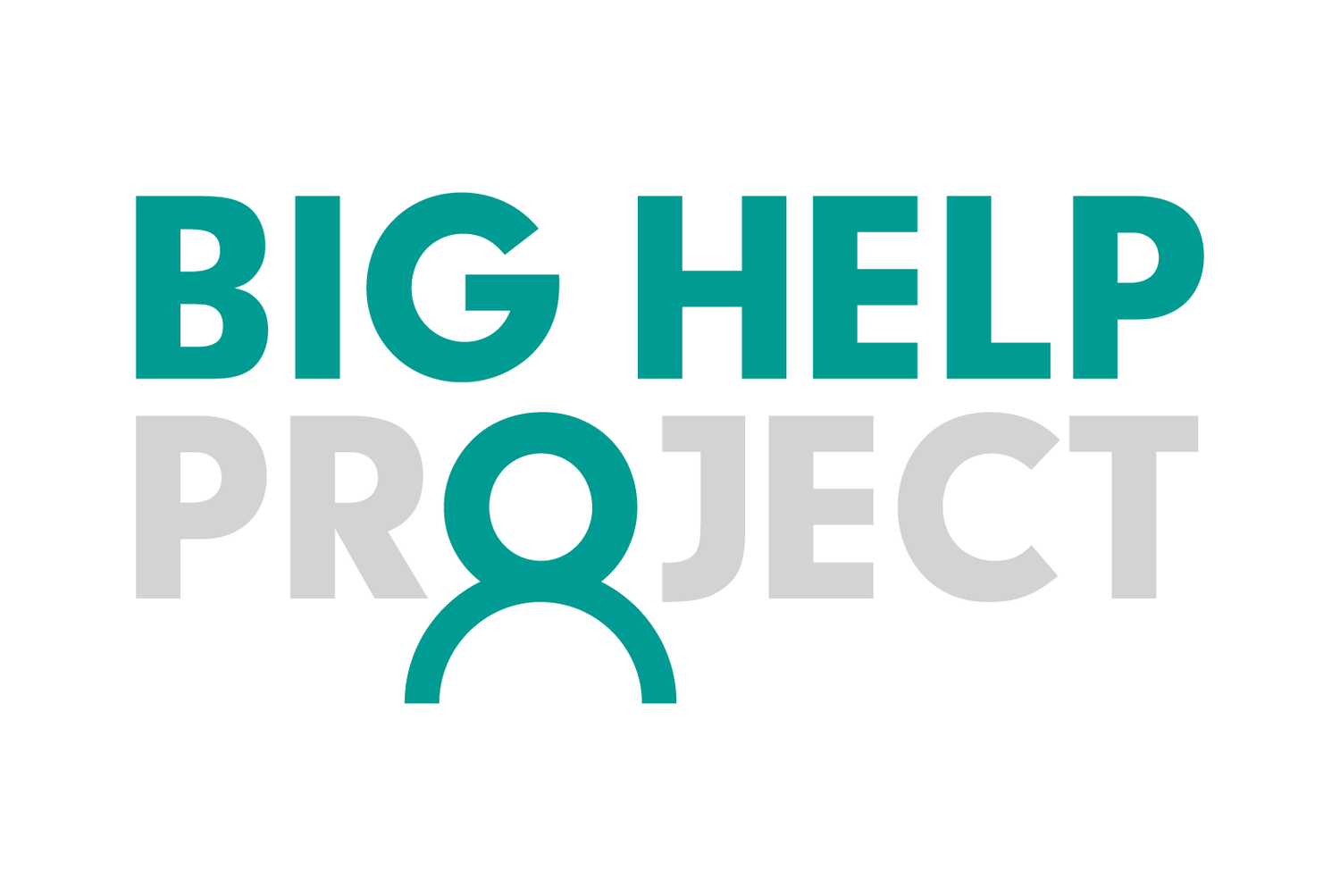Autumn Budget: Who do Spending Cuts Hit the Most?
The government announced plans to raise £20bn in tax alongside extensive spending cuts, as part of its Autumn Statement today.
The statement sets out aims to plug the expected £55bn black hole in the nation’s finances. Over the years the impact of cut spending has been profound on a local level. This includes cuts to public spending in policing, social clubs, addiction support and free school meals.
Most notably for Big Help Project, the rise in demand for foodbank support has expanded during times of austerity. This requirement of additional foodbank support often correlates with public spending cuts. This aid is needed across the UK. Once considered redundant for most families, foodbanks have become a fact of life in so many communities.
This is because when cuts to public services and changes in taxes and welfare occur, the poorest tenth of the population are hit the hardest. This demographic saw a 38 per cent decrease in their net income during a first wave of austerity measures between 2010-2015, by comparison the richest tenth saw just a 5 per cent drop in income during these years.
UK austerity targeted the welfare budget during the 2010s, stripping £37bn from benefits and introducing high-profile social security cuts such as the benefit cap. Benefits have remained meagre, but today’s announcement stated that benefits are set to increase in line with inflation at 10.1%, although this does not come into effect until the next fiscal year. Making the next few months for those on unemployment benefit challenging. Anything less would have been devastating pushing 450,000 people into poverty.
Law/Welfare Rights Senior Support Officer Bridie Menton, emphasizes the pressure families will be under this winter:
“Waiting for an inflation rise on benefits, especially when the country is about to be hit by higher energy bills than before, at Christmas, and in Winter when many people on benefits are facing the impossible decision to 'Heat or Eat'. It puts an unimaginable squeeze on the most vulnerable in society.”
There’s significant concern that austerity measures have negatively impacted health in the UK. A study by the royal society of medicine suggests that budgetary reductions in pension credit and social care can be linked to rises in mortality rates among pensioners aged 85 years and over. Indeed, across the UK, some experts have made a link between austerity and some people dying younger. Glasgow University researchers suggested 335,000 excess deaths in Scotland, England and Wales between 2012 and 2019 could be largely attributed to the public spending cuts first introduced in 2010, cuts similar to what we could see in the coming years the study, the authors say, adds to the "growing evidence of deeply worrying changes to mortality trends in the UK" - particularly among deprived communities.
The reality of spending cuts on low income individuals highlights the importance of charities such as Big Help Project during these harsh economic times.
The cuts and freezes to welfare benefits during the decade after 2010 have been consistently blamed for the explosion in foodbanks. Less appreciated is the huge increase in another emergency provision baby banks, which supply necessary items to parents for their children. There appears to have been little more than a handful of these in existence prior to 2010. Today there are more than 200 across the UK. Baby Basics Knowsley was founded in 2014, as part of a national network, based in Sheffield, that provides vulnerable mums-to-be with essential items for when their baby arrives. The Baby Basics team create and distribute Moses Baskets filled with new-born essentials to vulnerable mums-to-be who would otherwise not have these items for their baby. Baby Basics Knowsley has given Moses Baskets to over 200 vulnerable mothers and babies in Knowsley.
If you need support this winter find our more information about Big Help Project here or contact us! Or you can donate and help us to feed the hungry, overcome poverty, free people from the burden of unmanageable personal debt, help people into affordable housing and to assist people onto a better future.

